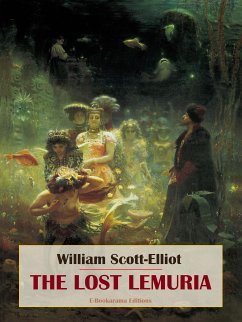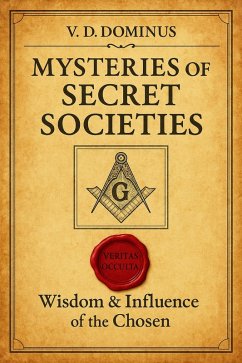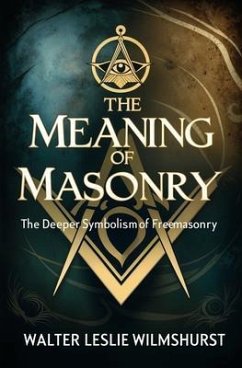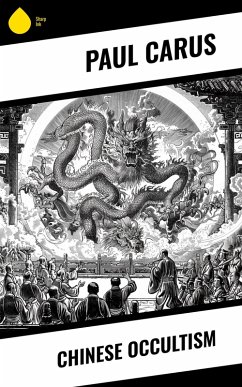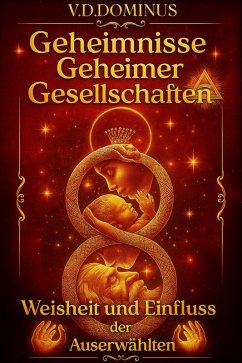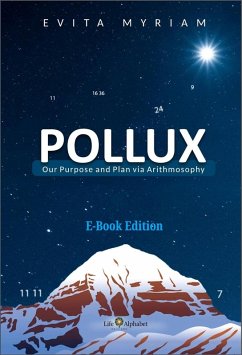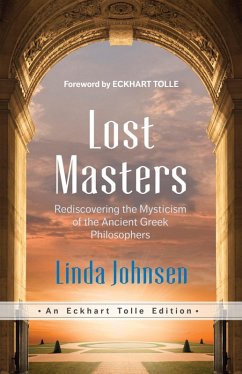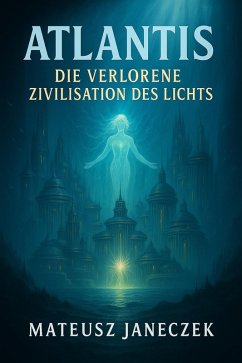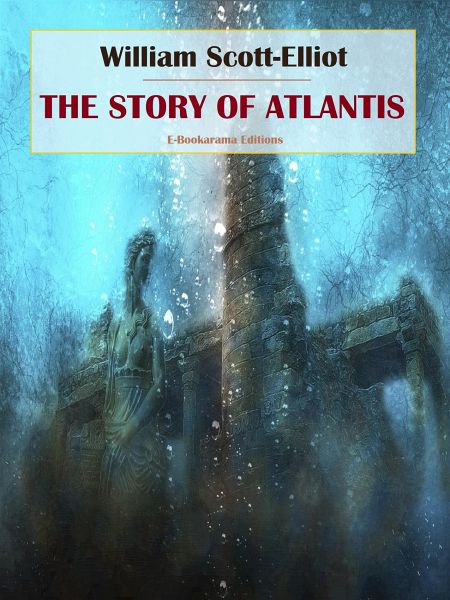
The Story of Atlantis (eBook, ePUB)

PAYBACK Punkte
3 °P sammeln!
A theosophist and believer of the Occult, Wlilliam Scott-Elliot gives us in "The Story of Atlantis", first published in 1896, a description of the history and structure of Atlantis, along with what he considers evidence of this. The Theosophists believed they were descendants of the Aryans, and that the Aryans had originally come from Atlantis. Atlantis and Lemuria (also called Mu) were continents in the Atlantic and Pacific oceans that were supposedly destroyed in great catastrophes in prehistoric days and sank beneath the sea. They were said to be highly advanced civilizations, capable of ma...
A theosophist and believer of the Occult, Wlilliam Scott-Elliot gives us in "The Story of Atlantis", first published in 1896, a description of the history and structure of Atlantis, along with what he considers evidence of this. The Theosophists believed they were descendants of the Aryans, and that the Aryans had originally come from Atlantis. Atlantis and Lemuria (also called Mu) were continents in the Atlantic and Pacific oceans that were supposedly destroyed in great catastrophes in prehistoric days and sank beneath the sea. They were said to be highly advanced civilizations, capable of many things not possible in later days. Scott-Elliot also claimed that Atlantis split into two linked islands, one called Daitya, and the other Ruta. Eventually only a remnant of Ruta remained, called Poseidonis, before that too disappeared. Scott-Elliot expands on the work of Ignatius Donelly, whose Atlantis, the Antediluvian World started the subsequent craze on the topic and adds an imaginative Theosophic history of the Earth, including details of the Theosophic concept of human evolution and everyday life in old Atlantis.
Dieser Download kann aus rechtlichen Gründen nur mit Rechnungsadresse in A, B, BG, CY, CZ, D, DK, EW, E, FIN, F, GR, HR, H, IRL, I, LT, L, LR, M, NL, PL, P, R, S, SLO, SK ausgeliefert werden.




